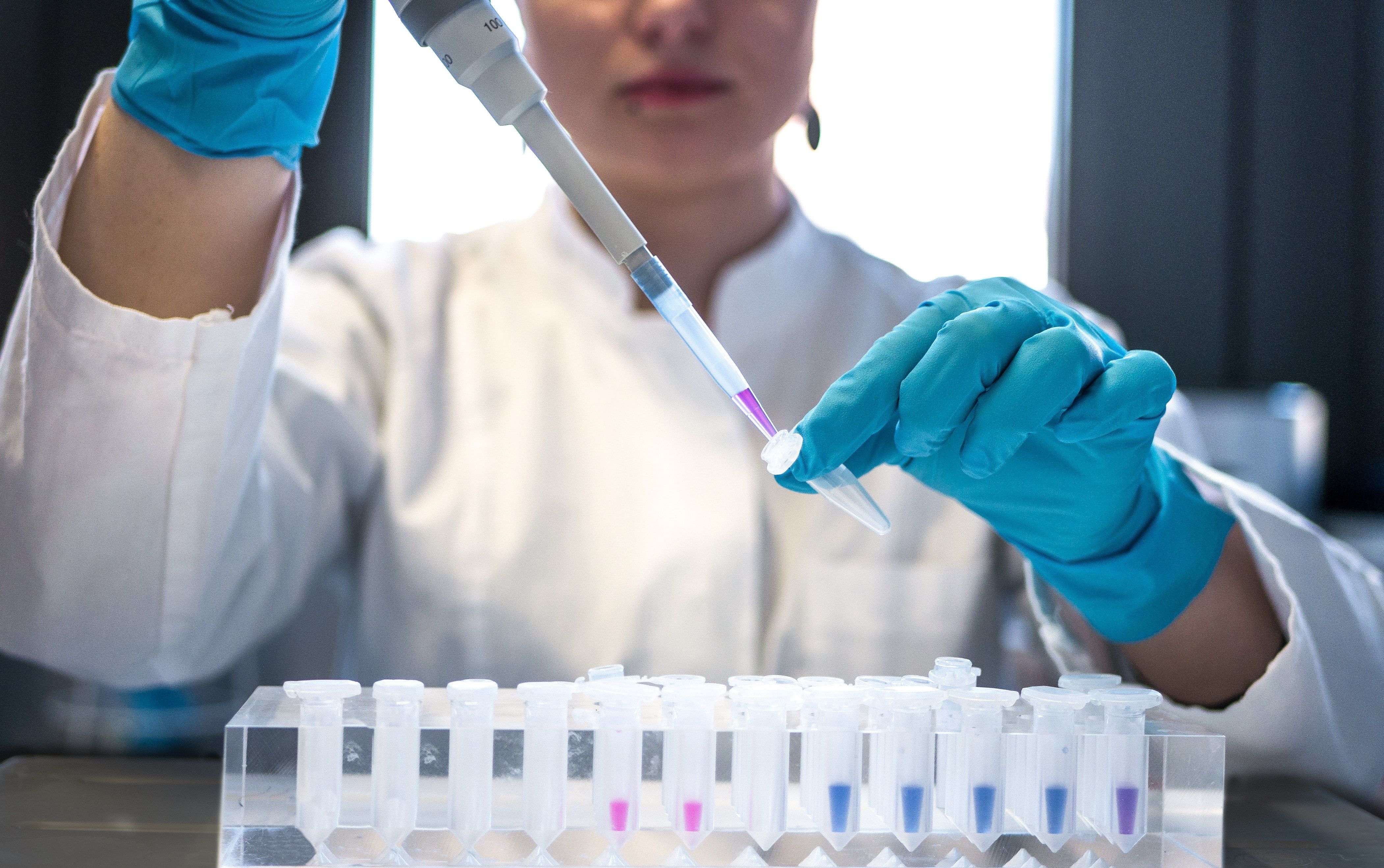The researchers of the University of Sciences of Tokyo (Japan) identify an inhibidor of the tirosinasa from 'Corynebacterium tuberculostearicum' ('C. tuberculostearicum'), a bacterium that is used to to find in the human skin, and that it can clear the skin of safe form.
The study directed by the professor attach Yuuki Furuyama, of the Department of Biociencia Applied of said university, has publishedin the magazine 'International Journal of Molecular Sciences'.
The melanin protects the skin of the efectis harmful of the radiation UV, stimulatesthe production of melanin in the melanocytes, and the tirosinasa exerts a key paper in the road biosintética.
However, the alterations of this road caused by the exhibition to the rays UV or the aging can drive to an excessive accumulation of melanin, with the consequent hiperpigmentación. To face up to this situation, the inhibidores of the tirosinasa that suppress the synthesis of melanin have purchased a big value in the industry.
It has discoveredthat some of these compounds like the hidroquinona are toxic for the human skin and cause problems like similar symptoms to the vitíligo and cutaneous eruptions. In consequence, no longer recommendsthe use of hidroquinona.
From Furuyama, explain that they decided to investigate the metabolites produced by the bacteria commensals of the skin and that does them intrinsically safer. Therefore, after the analysis of more than 100 derivative bacteria of the skin, the team of researchers of university Japanese identified to 'C. tuberculostearicum' As producing of a powerful compound inactivador of the tirosinasa. In the essays made, identifiedthe active compound like cycle (L-Pro-L-Tyr). To continuation, the researchers made simulations of three-dimensional attachment (3D) to elucidate how works the cycle (L-Pro-L-Tyr).
Sources of the University signal that his study is "the first in identifying and elucidate the mechanism of an inhibidor of the tirosinasa derived of a bacterium of the skin".
Besides, as they signal the data published in the International Journal of Molecular Sciences the metabolite presents other beneficial properties, like antimicrobic activities, antioxidant and anticancerígenas, what increases even more his therapeutic potential in diverse applications.
